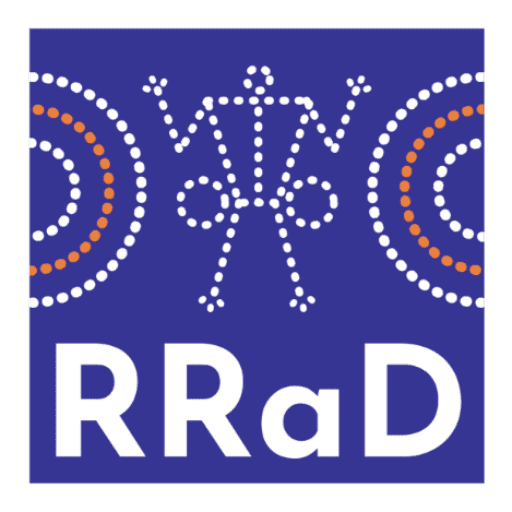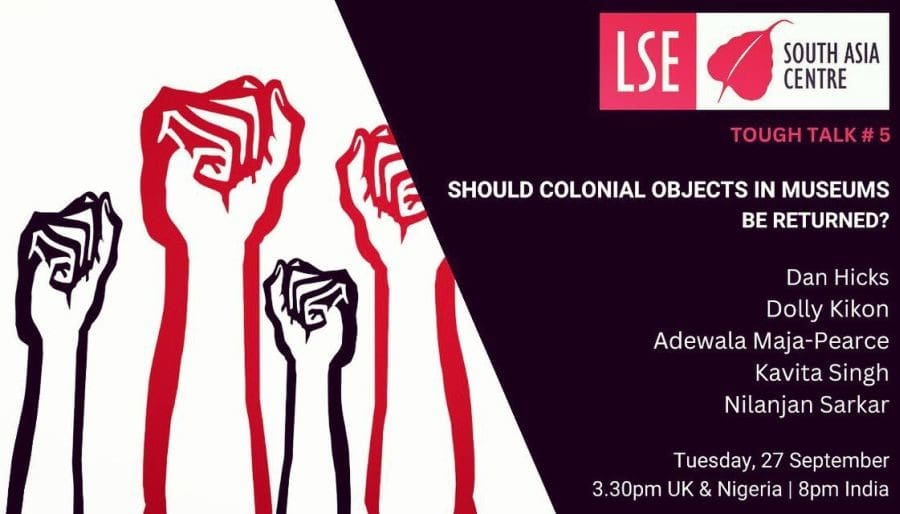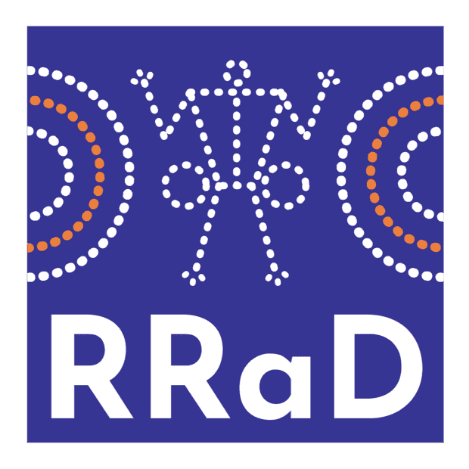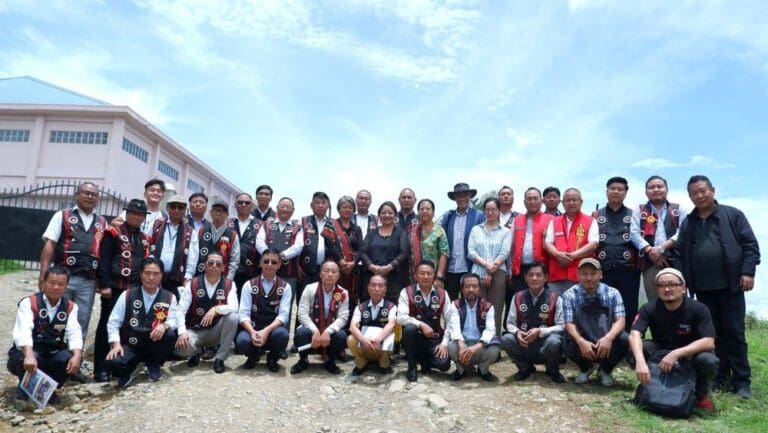Giving a brief background of the repatriation of Naga ancestral human remains from the Pitt Rivers Museum to the Naga ancestral homeland, Naga Anthropologist, Dolly Kikon on Tuesday evening said that the first thing they worked together among the Naga team was “trust building” and how is it that as the Naga team along with the curators at the Museum, they are able to tell a long-lasting story on colonisation.
Throughout the pandemic, she said, they went to Naga elders and intergenerational groups to learn from them what it is that they would like to see about the ancestral remains. She was speaking at the “Tough Talk #5: Should Colonial Objects in Museums be Returned?” as one of the speakers organised by the South Asia Centre LSE on the topic “Should objects/artefacts in museums across the world, acquired via colonisation of other countries, be returned to the countries of origin?”
Dolly Kikon is Senior Lecturer in Anthropology & Development Studies, University of Melbourne, and is part of the Recover, Restore, and Decolonise (RRaD) team to initiate the repatriation of Naga ancestral human remains from the Pitt Rivers Museum to the Naga ancestral homeland, discussed in ‘The Unfinished Business of Colonialism: Naga Ancestral Remains and the Healing of the Land’ (2022).
The other speakers were Dan Hicks, Professor of Contemporary Archaeology (University of Oxford), Curator at the Pitt Rivers Museum (Oxford), and Fellow, St Cross College, University of Oxford and author of ‘The British Museums: The Benin Bronzes, Colonial Violence and Cultural Restitution’ (2020); Adewala Maja-Pearce, a writer, journalist and literary critic, whose review essay ‘Strewn with Loot’ (2021) engages with the complex question of cultural restitution; and Kavita Singh, Professor in the School of Arts & Aesthetics, Jawaharlal Nehru University, New Delhi, and co-editor of ‘No Touching, No Spitting, No Praying: The Museum in South Asia’ (2015), amongst others.
Currently in the second phase of the process, Dolly Kikon further highlighted that as part of the Recover, Restore and Decolonise (RRaD), “we wanted to make sure from the beginning that this was community-led.” Pointing out that some remains are so clearly defined and categorised with names and villages that they can trace their grandchildren, she further highlighted that “we are going to schools, colleges, communities, having conversations with the members of the church” as part of phase two.
In their current process of engaging with the public and listening to them, she also pointed out that in indigenous communities, it requires a lot of listening. The team had also decided not to call this process a “project” because, she explained, “we felt that naming our initiative of repatriation as a project is also quite at times falling into the colonial framework.”
Kikon said she was really inspired and moved by how young Naga people are coming on board saying they want to learn more, and offering what they can do to be part of the process.
“This process should also be a transformative one for the Naga people first,” she further asserted while highlighting that “the second thing is focussing on nurturing one another and making sure that all the conversations happening is among the Naga ancestral homes.”
For once, she added, “I am so happy that it’s actually the Naga people, and the young people who have authority and the voice to talk about this process with clarity.” She also informed that her colleague, Dr Arkotong Longkumer as part of the team initiative is creating a comic book for Naga school children.
The Tough Talk #5 was chaired by Dr Nilanjan Sarkar, Deputy Director, LSE South Asia Centre.
First published in The Morung Express on September 29 2022
Link: https://morungexpress.com/tough-talk-5-should-colonial-objects-in-museums-be-returned




